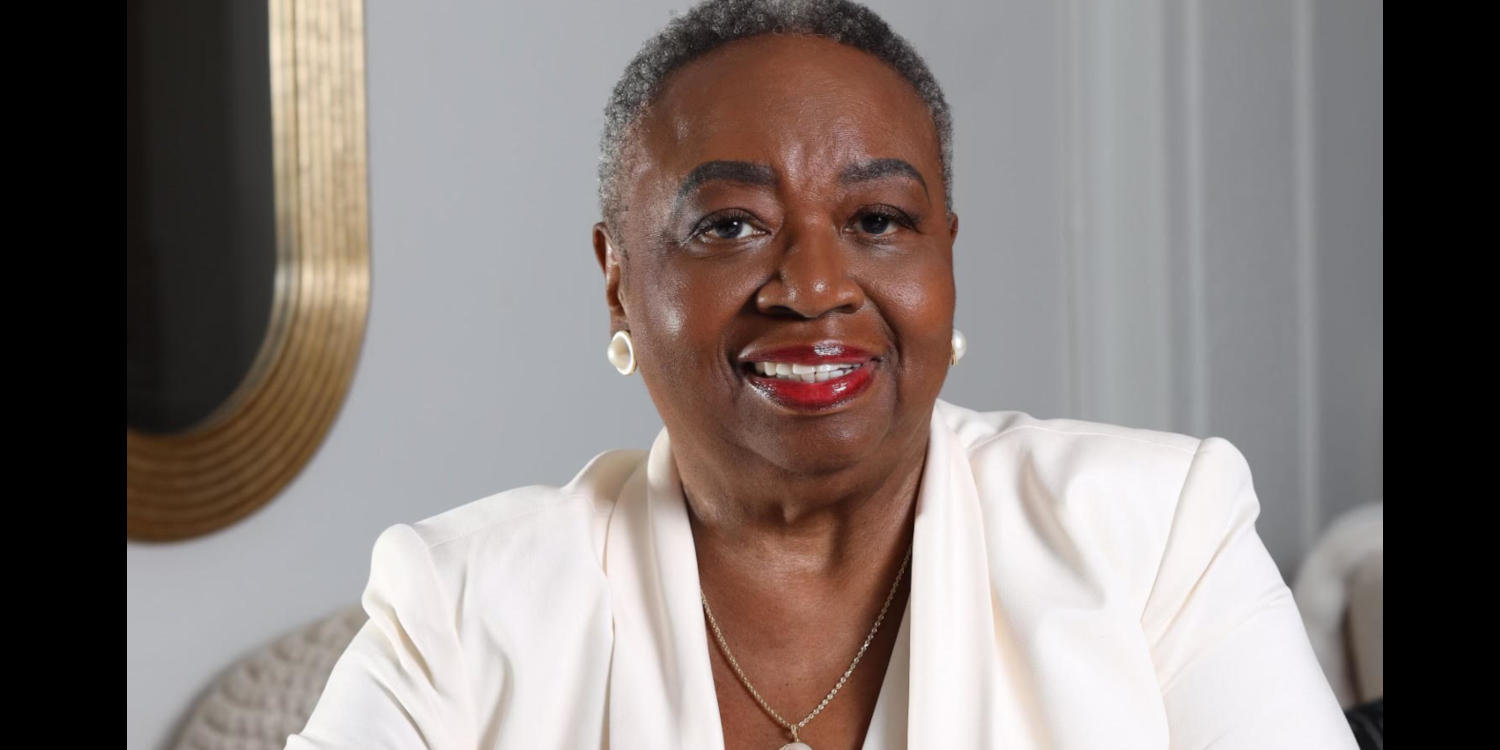
October 5, 2023
Executive Coach Ingrid Wallace Shares Insights On How Coaching Can Help Your Career
The coaching industry is expected to grow at a compound annual growth rate of 7.6% and will be worth an estimated $27.5 billion by 2026, according to analysis conducted by business consulting firm Grand View Research.
One person on the front lines of coaching is Ingrid Wallace. An experienced executive coach and DEI consultant, she has worked with leading organizations such as Disney, Enterprise Rent-A-Car, General Motors, Ford, and Chrysler. Wallace believes that her job as an executive coach is simple: To help clients focus, gain clarity, and confidently navigate professional journeys.
She sat down with BLACK ENTERPRISE to discuss how she became an executive coach, why leaders need a coach, and how to select an executive coach.
Prerequisite To Promotion
Findings from a study entitled Being Black In Corporate America: An Intersectional Exploration, conducted by the National Opinion Research Center at the University of Chicago, show that only 3.2% of executives and senior manager-level employees are African American. One thing that could help change this is preparing Black executives to be promoted.
“I was suffocating inside corporate America for nine years,” says Wallace, who began her career at Blue Cross Blue Shield, teaching anatomy, physiology, and medical terminology. “The class I was teaching was a prerequisite to promotion, but the company was not sending African Americans to this class!”
Wallace decided to teach this class at 7:00 a.m. and 5:30 p.m. to help individuals prepare for promotion.
“For eight years, I helped roughly 700 people get promoted that may not have got a promotion otherwise,” she says.
Wallace’s Journey
After leaving corporate America, Wallace began her journey to coach people of color to take responsibility for their lives and careers.
“My program did not get purchased by the major Black companies of that time,” chuckles Wallace.
She decided to find out how to get her program to Black employees, and she discovered it was in downtown Chicago at the U.S. Postal Service.
“There were 25,000 employees there, and they accepted my program,” remembers Wallace. “I conducted keynotes with the U.S. Postal Service for many years and soon became the first person to sell and conduct a training for the Walt Disney Company.”
This successful program led Wallace to secure consulting contracts with companies like General Motors, Enterprise Rent-A-Car, and McDonald’s.
Maximizing Potential
Enhancing leadership can sometimes be challenging to comprehend when seeking practical approaches. The initial move toward enhancement lies in a simple definition. Getting individuals aligned and moving in the same direction toward a desired outcome is leadership.
“My job as an executive coach is to help leaders focus, see things more clearly, and perhaps see further down the road than they would have with my coaching,” says Wallace.
“I closely listen to leaders and allow them to develop a plan to navigate challenges by choosing the right words and actions that create value.”
How To Select A Coach
Executive coaching is similar to gauging traffic, Wallace notes. You have to gauge the speed and merge with a leader to figure out where he is going, the direction taken, and how to help them on their path or take a slightly different route if needed.
“Find an executive coach willing to sit on the same side of the desk as you, as opposed to the other side,” suggests Wallace. “A coach needs to be on the journey with you, so find an executive coach you trust to be on that journey with you. A coach doesn’t have to do what you do but has to give you the tools to do what you want to do!”
RELATED CONTENT: Google’s Chief Diversity Officer Melonie D. Parker Appointed To Kanarys, Inc. Board